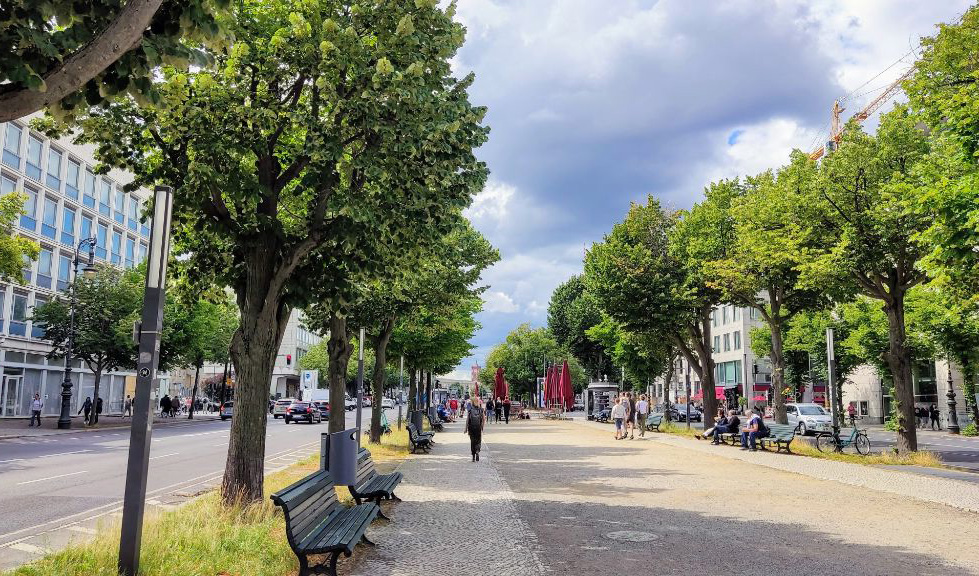Berlin ᐉ Select a line
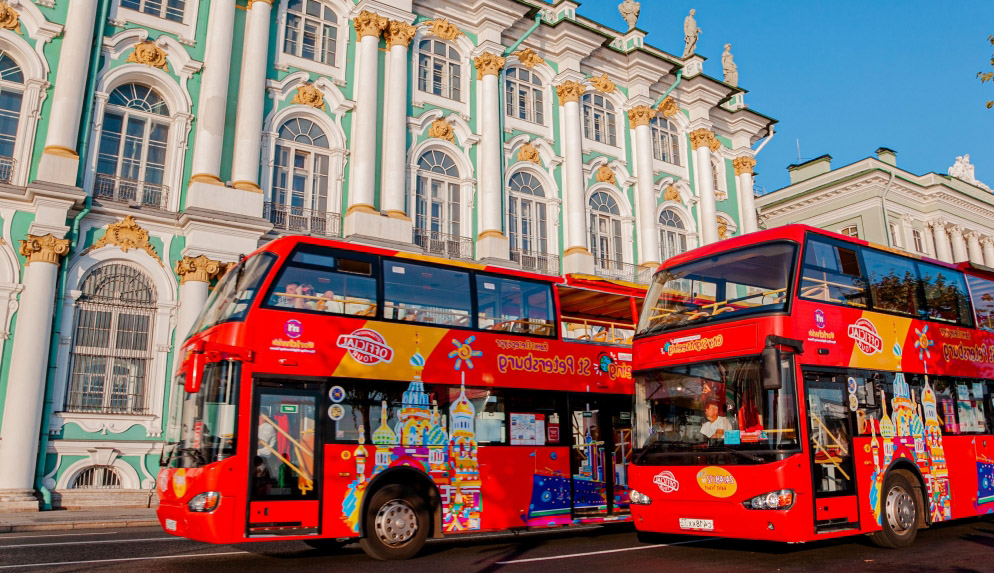
Big Bus Tour
City Circle
Hop On Hop Off
About Berlin
Berlin is the capital and largest city in Germany, as well as one of the most dynamic and historically rich cities in Europe. Berlin is renowned for its rich history, diverse culture, and numerous significant landmarks.
Berlin has a long and complex history. It was founded in the 13th century and has witnessed numerous historical events, including the Prussian era, the Weimar Republic, the Nazi era, World War II, and the division of the city leading to the construction of the Berlin Wall.
The name "Berlin" is derived from the word "Berl," which in Old Prussian means "swamp" or "marshy place." Over time, this word became the basis for the city's name. Berlin emerged on a territory that was largely swampy and in close proximity to the River Spree. In this context, the name "Berlin" reflects the natural features of the area where the city was founded. Thus, the name "Berlin" originates from an Old Prussian word describing the natural characteristics of the land on which the city was built. Over the centuries, it has been retained as the customary designation for the capital of Germany.
The first ruler to elevate Berlin to the status of a capital was King Frederick I of Prussia, who was elected in 1701. He declared himself as the king and adopted the title "Frederick I, King in Prussia." This event also marked the renaming of Berlin and the establishment of the Royal Capital of Berlin (Königliche Haupt- und Residenzstadt Berlin), which later became the capital of the Kingdom of Prussia and, subsequently, the German Empire.
This period with Frederick I, the Hohenzollern dynasty, and the development of Berlin as the capital proved to be a pivotal moment in the city's history. Berlin continued to evolve as the capital of Prussia, the German Empire, and ultimately, as the capital of Germany.
Berlin is a global center for art and culture. The city is home to numerous museums, galleries, and theaters. One of the well-known museums is the Museum of the Berlin Wall Remnants, as well as the Museum of the History of Berlin, the Museum of Fine Arts, and more. Berlin's architectural heritage ranges from historical buildings such as the Brandenburg Gate and Charlottenburg Palace to modern structures, including the Reichstag building and the Berlin Television Tower.
In 2021, Berlin's population exceeded 3.6 million people, making it the largest city in Germany. The average annual salary in Berlin was around 39,000 - 40,000 euros per year (though these figures can vary significantly for different professions and demographics). Average rental rates can also vary widely depending on the district, type of housing, and other factors. In 2021, the average rent for a one-bedroom apartment in Berlin was approximately 600-800 euros per month. However, in some central districts, rent could be higher.
Berlin is a unique city that combines history and modernity, offering numerous opportunities for learning and entertainment. The city boasts a vast number of clubs, bars, and nightclubs where you can have a great evening. Berlin is also known for its underground "secret" clubs. The city hosts many events and festivals throughout the year, including the Berlin International Film Festival (Berlinale), Berlin Fashion Week, and the Berlin Marathon. Additionally, the city offers a rich variety of diverse dishes and cuisines. Here, you can try Berlin sausages, potato soup ("Kartoffelkloße"), classic German sausages, and, of course, the famous currywurst and döner.
Sights Berlin
-
Alexanderplatz
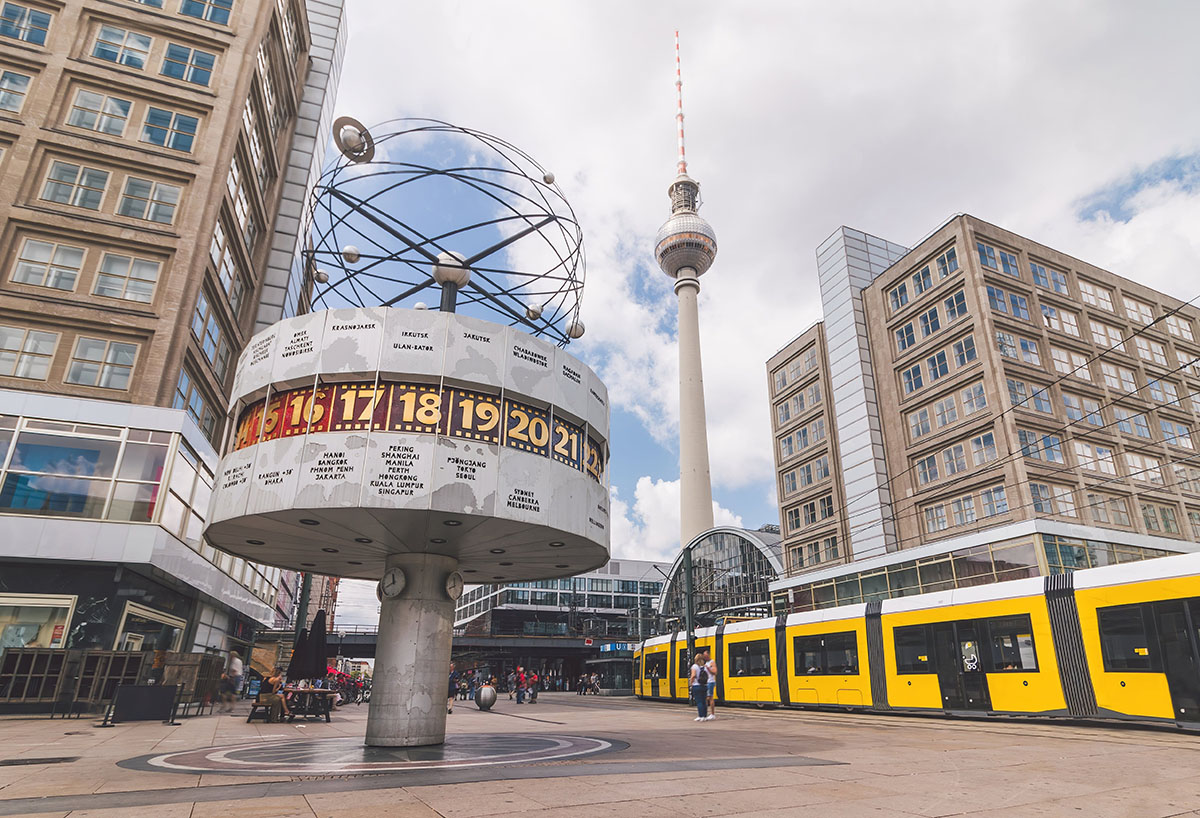
-
Berliner Mauer
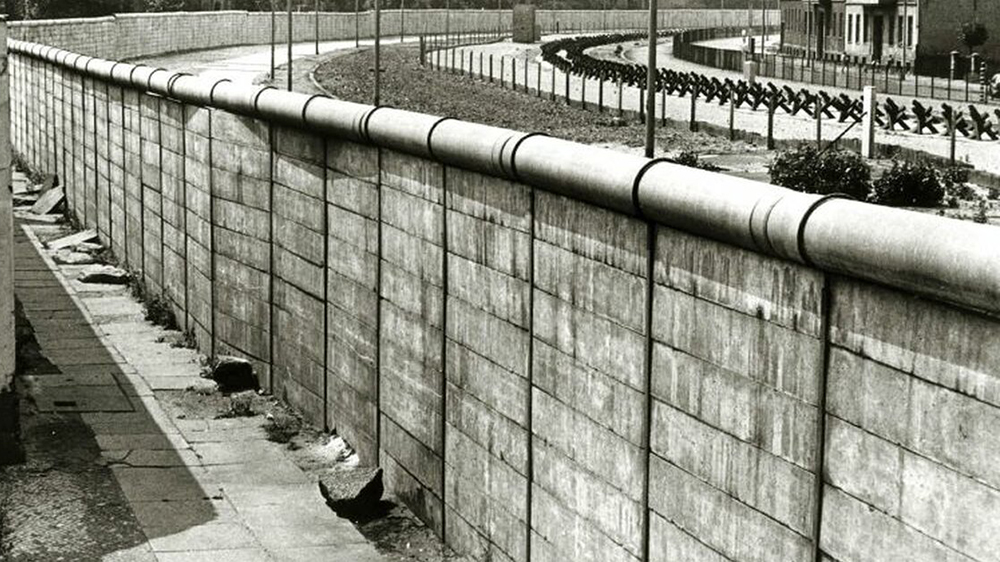
-
Brandenburger Tor
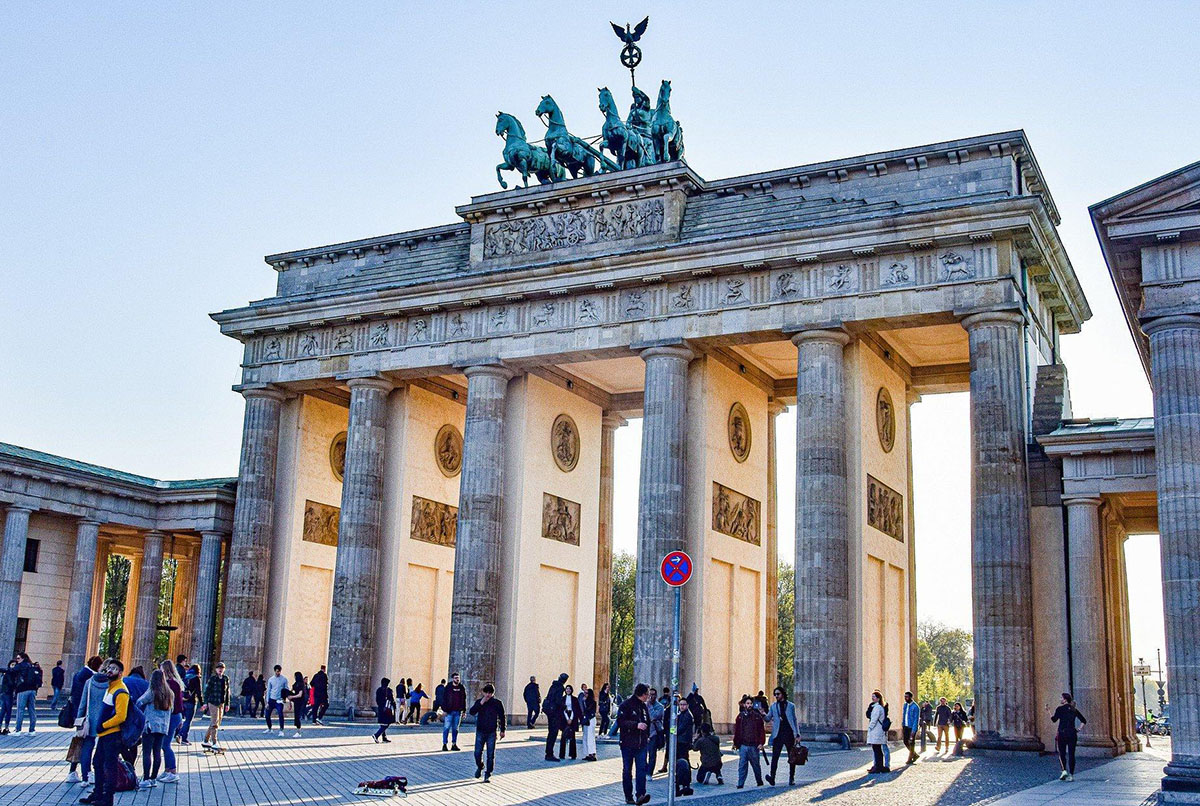
-
Checkpoint Charlie
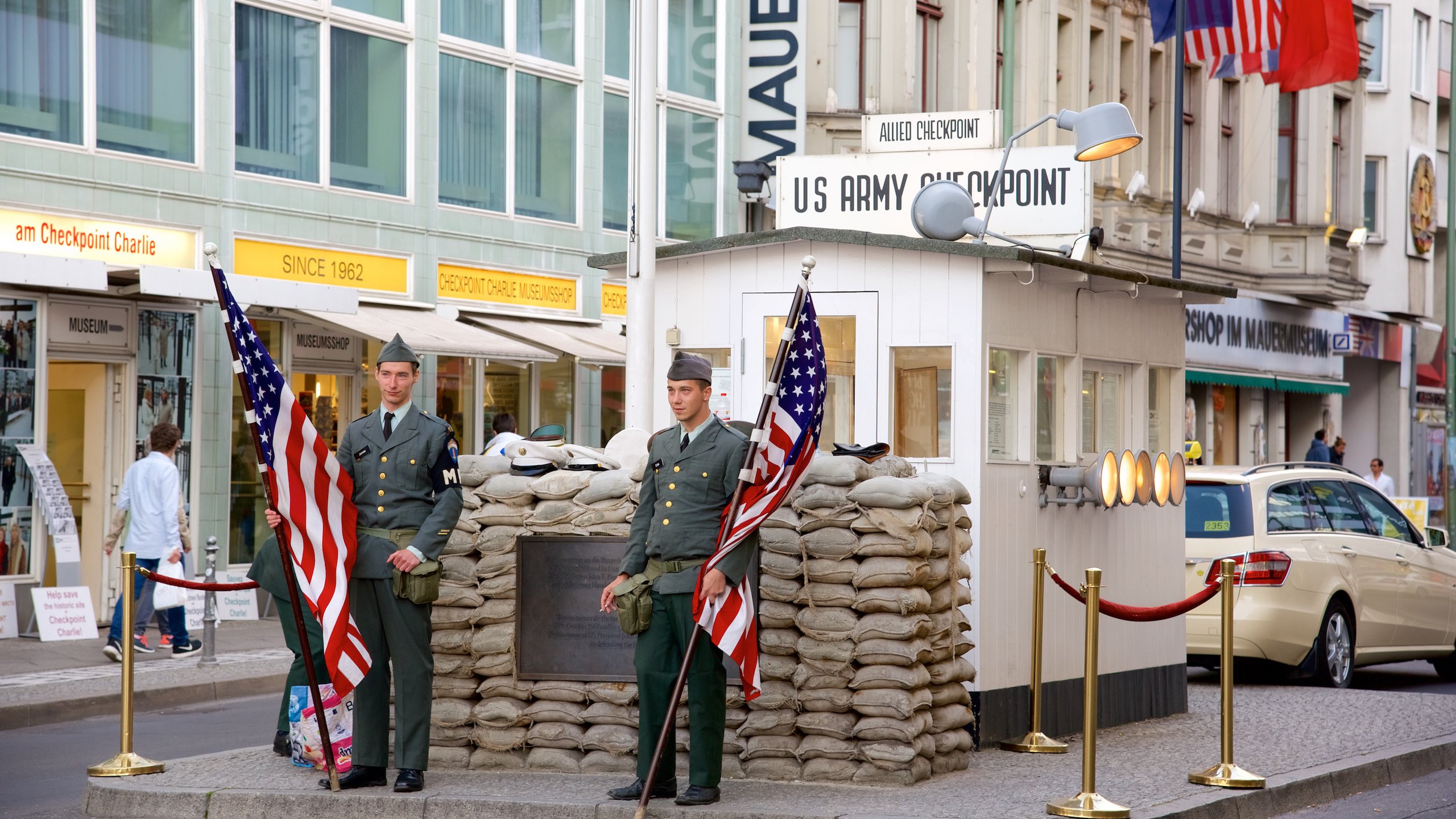
-
DomAquarée
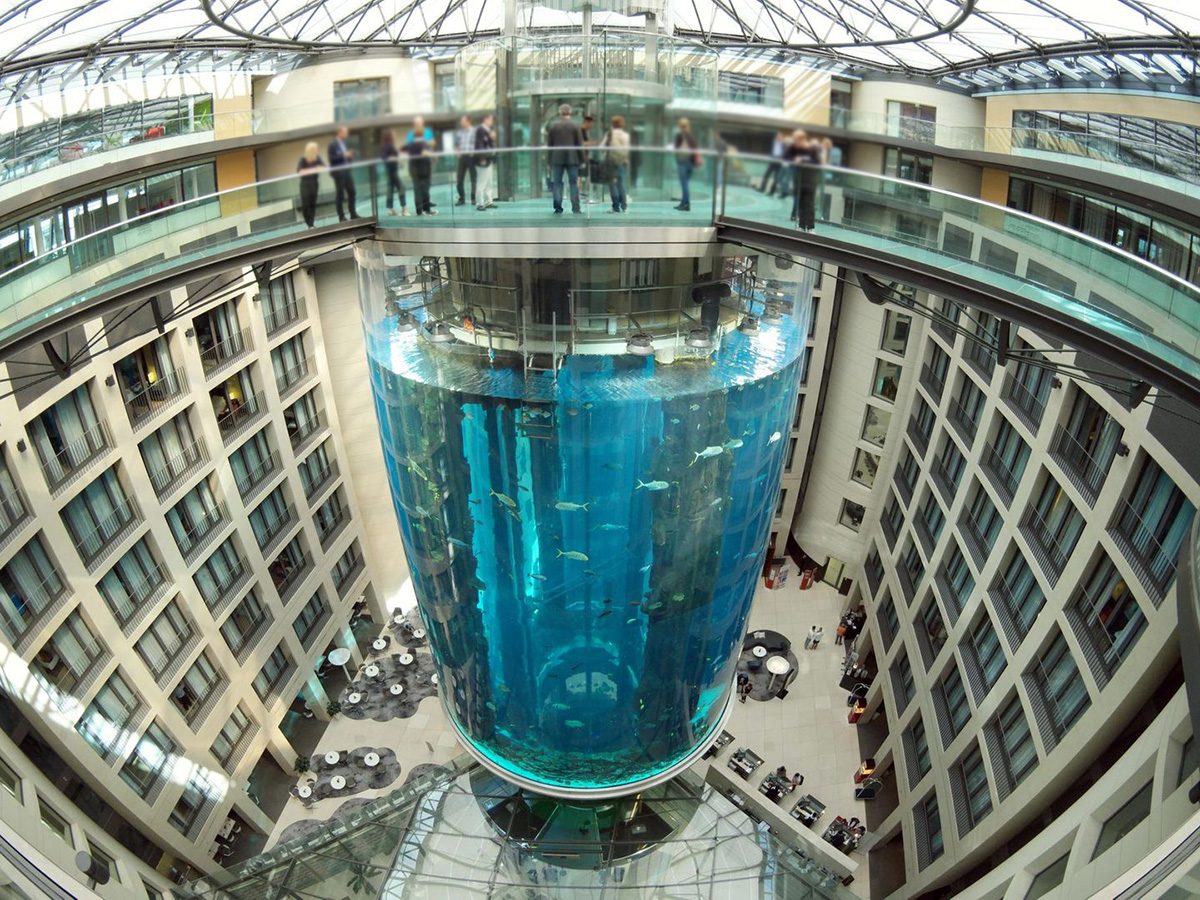
-
East Side Gallery

-
Elefantentor / Zoo
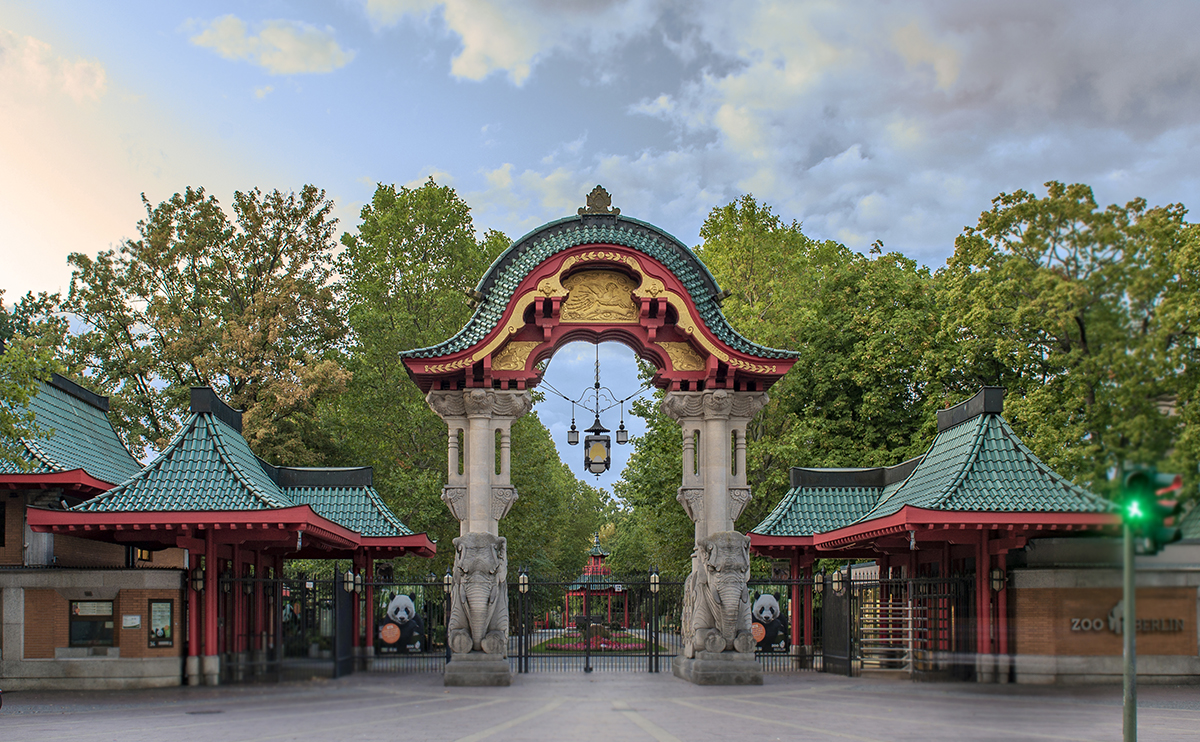
-
Friedrichstrasse
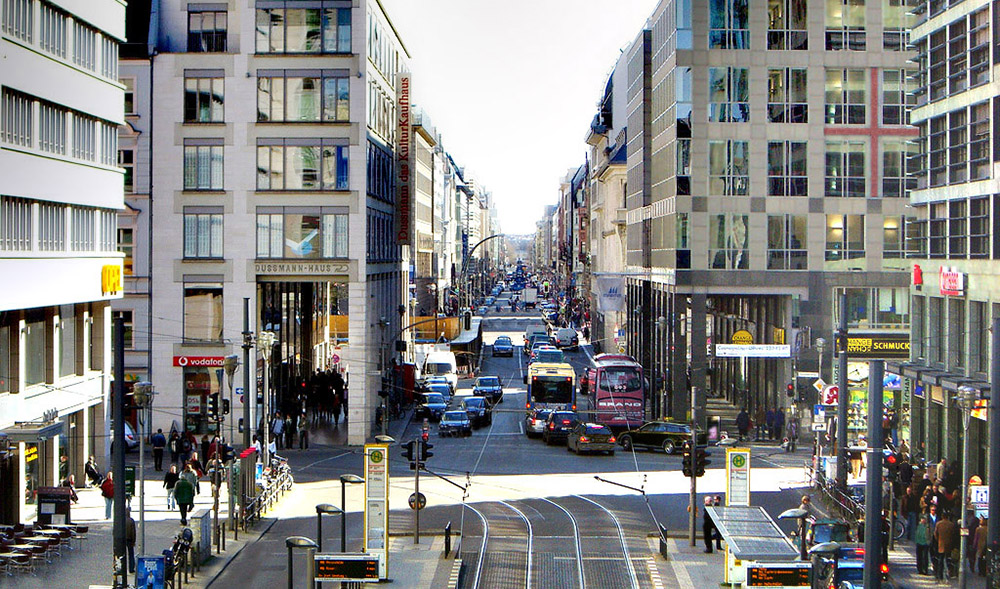
-
Gedächtniskirche / Rankestraße
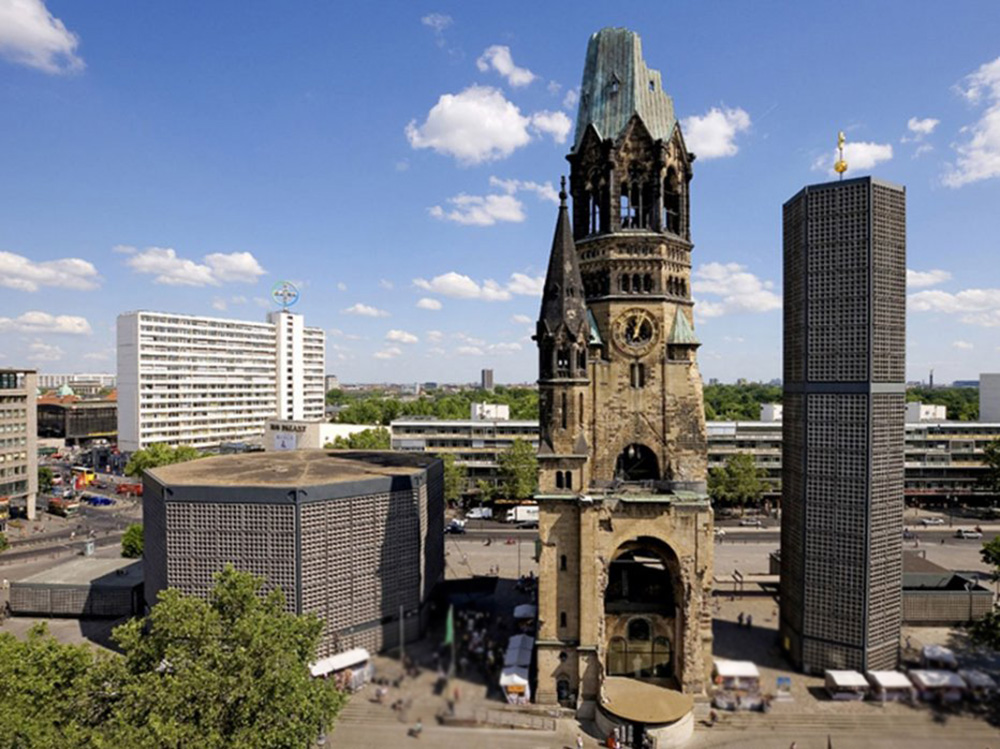
-
Gendarmenmarkt
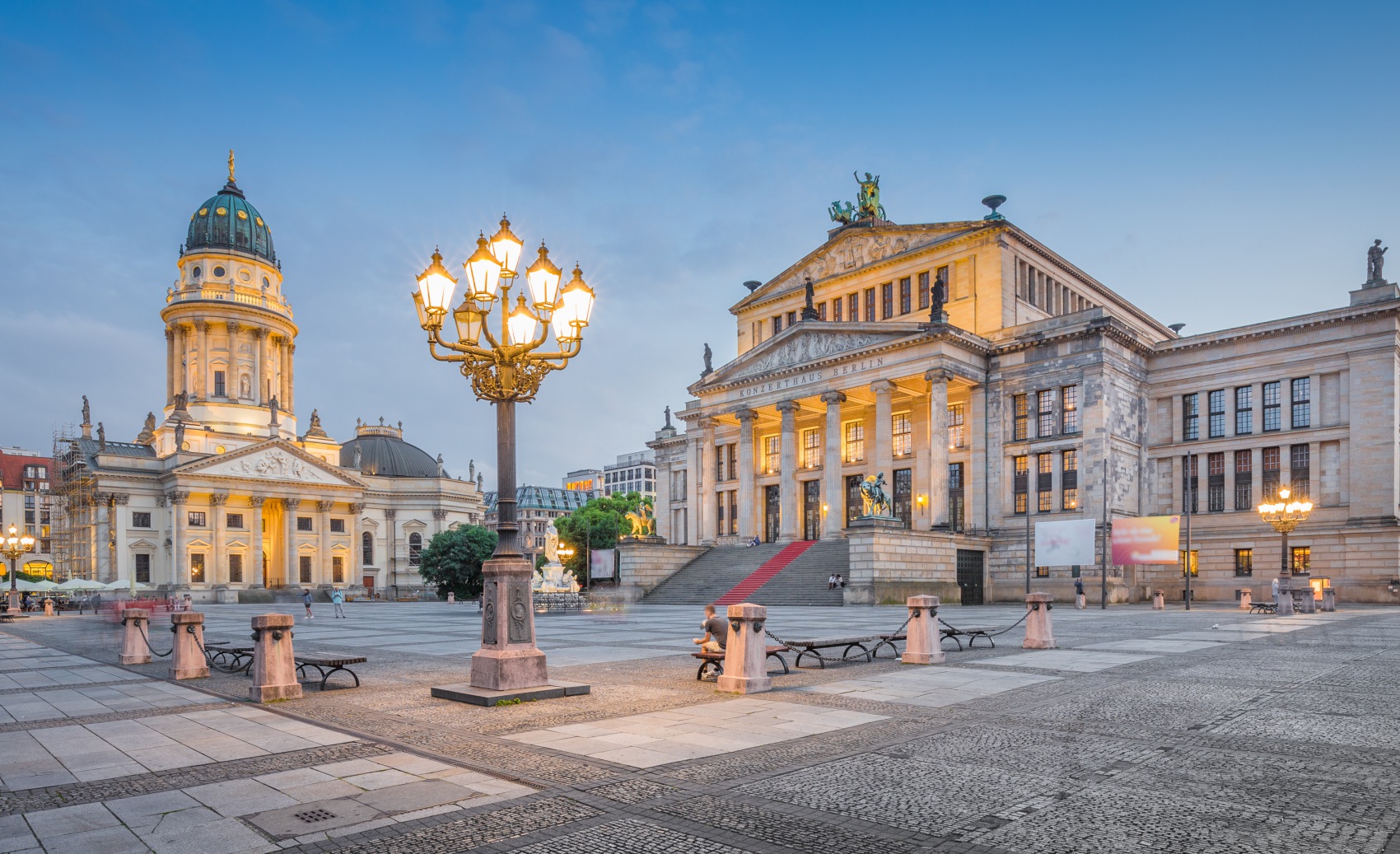
-
Gropius Bau
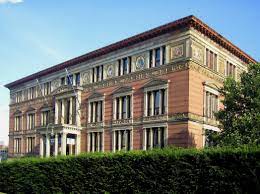
-
Hard Rock Café / Meinekestraße
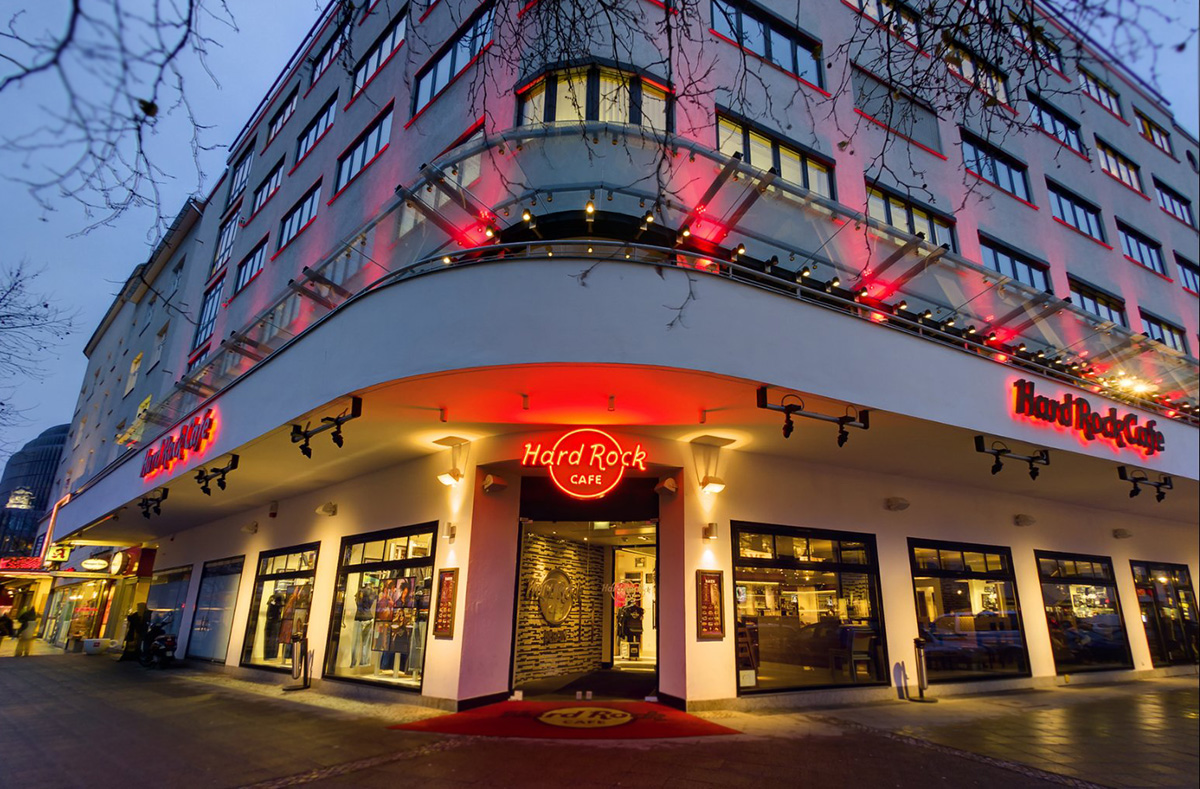
-
Hauptbahnhof
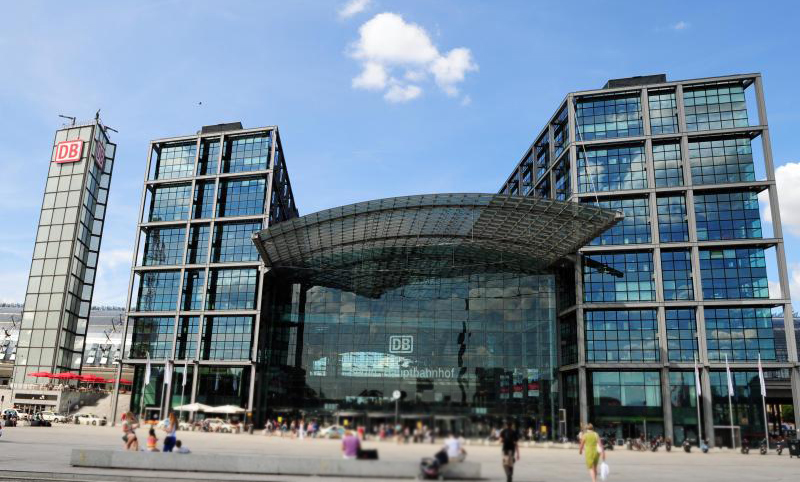
-
Haus der Kulturen der Welt
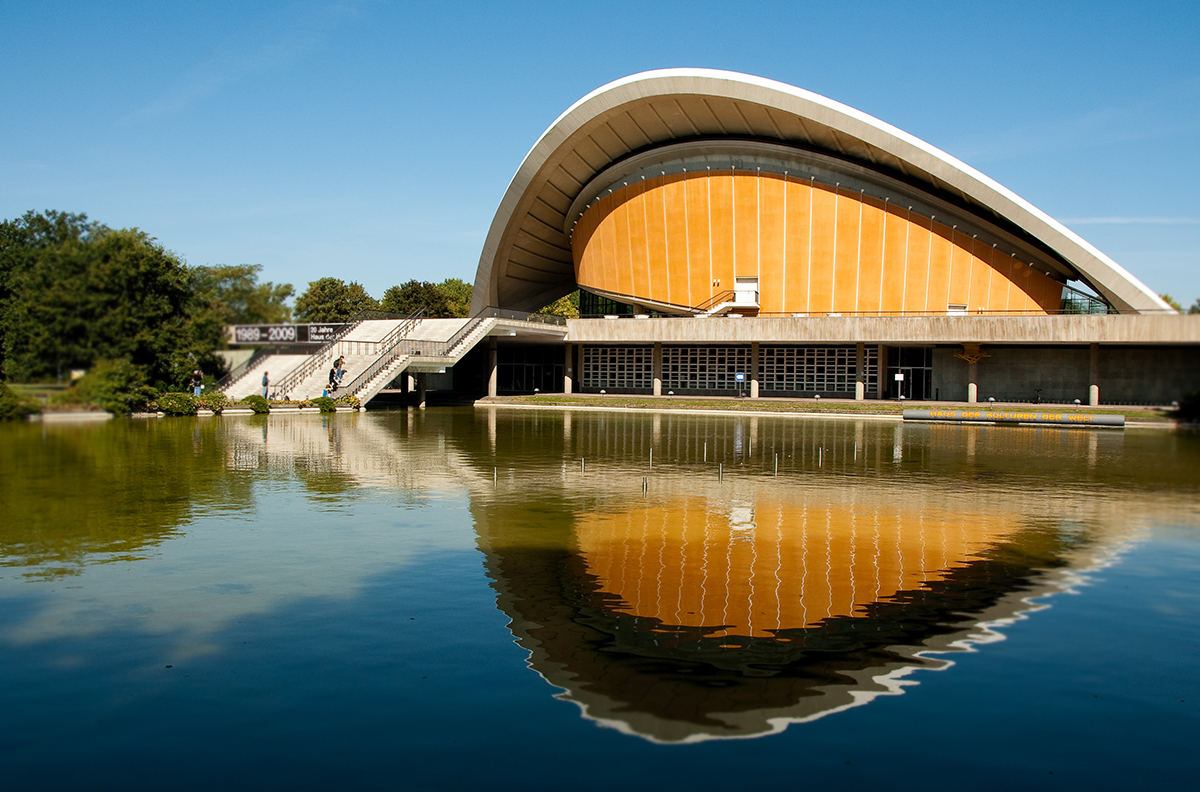
-
KaDeWe
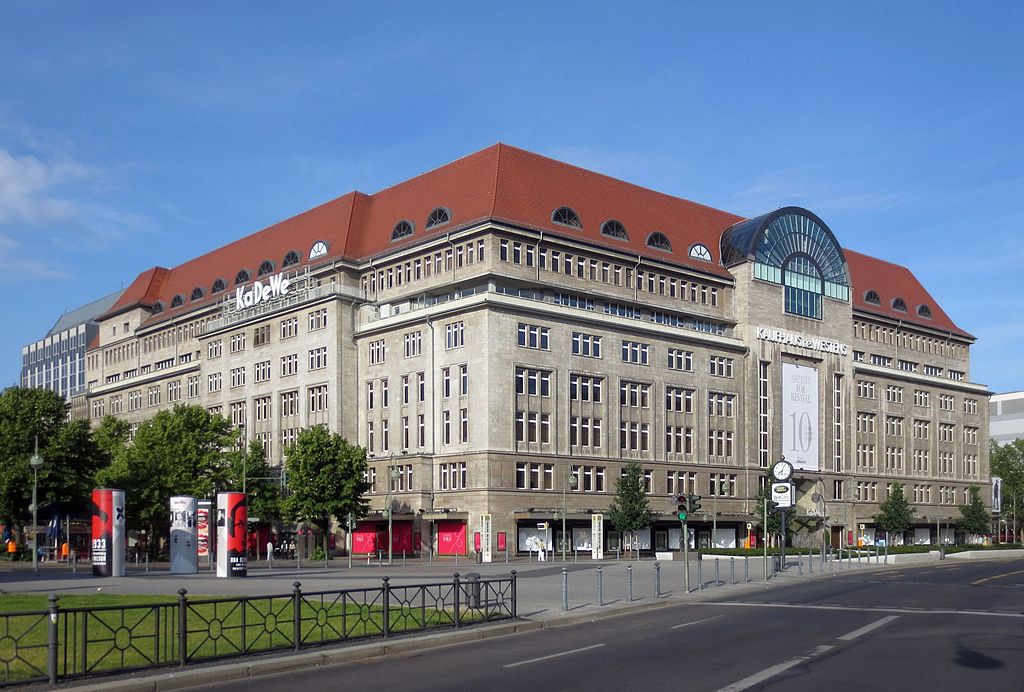
-
Karl-Marx-Allee
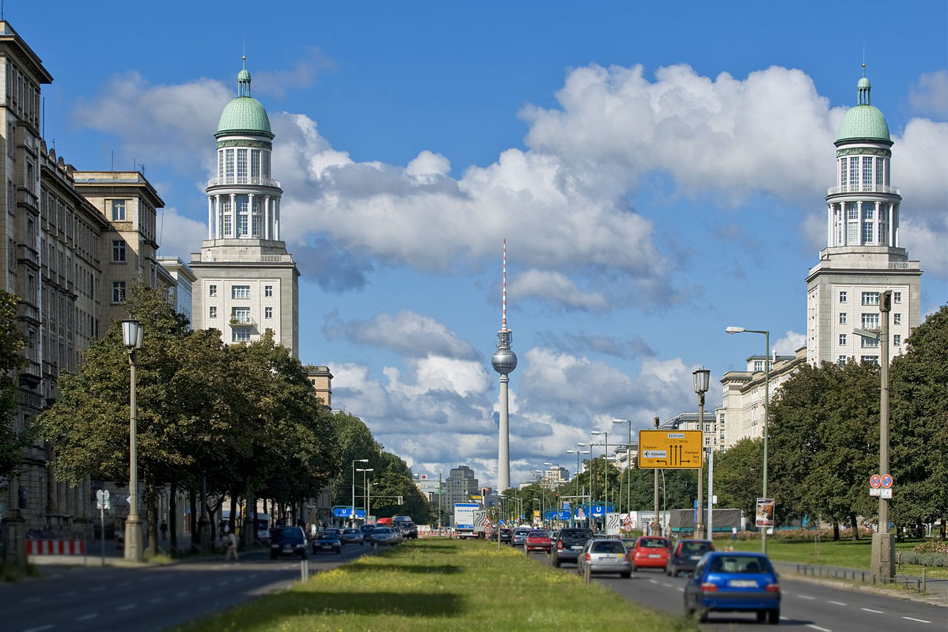
-
Kranzler
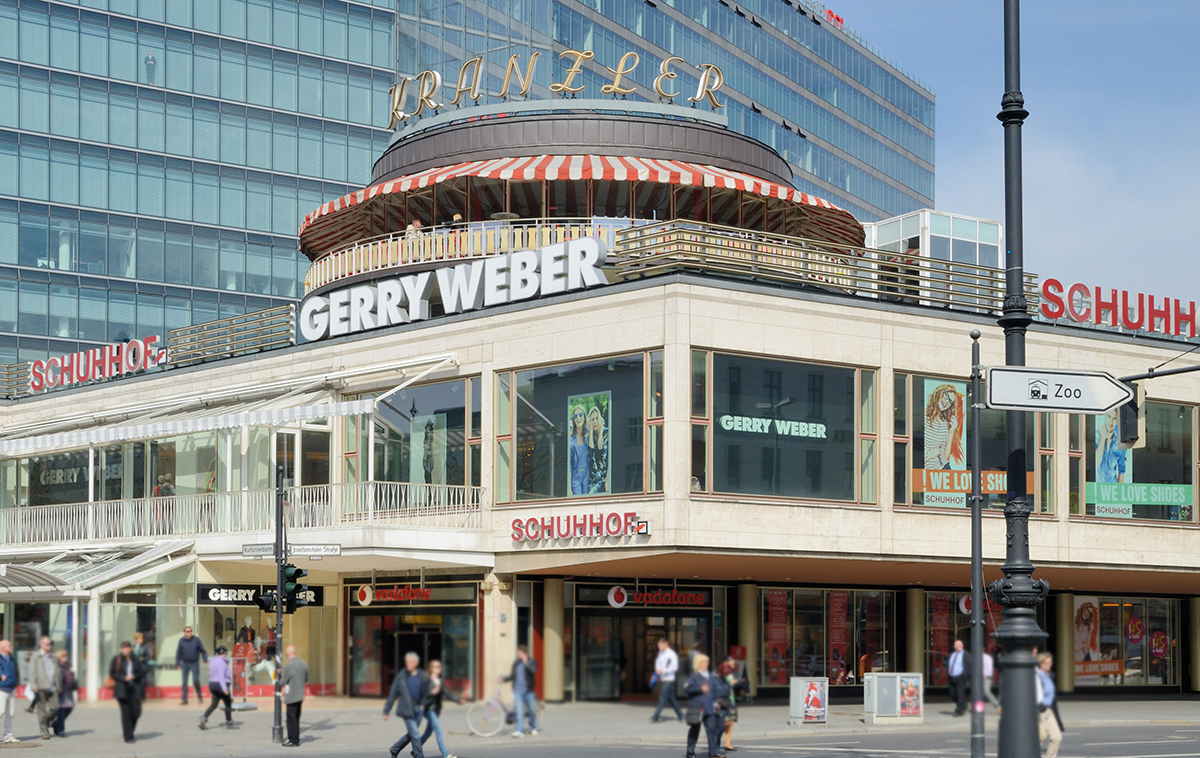
-
Ku Damm (Kurfürstendamm)
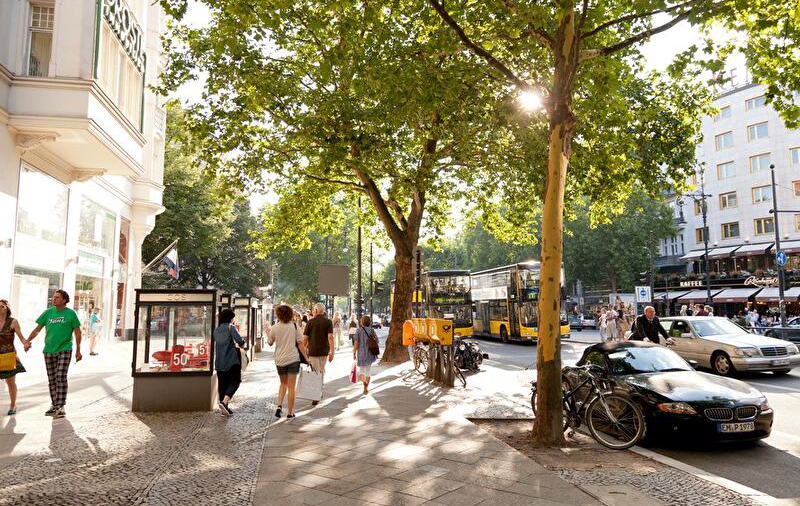
-
Kulturforum Tiergarten
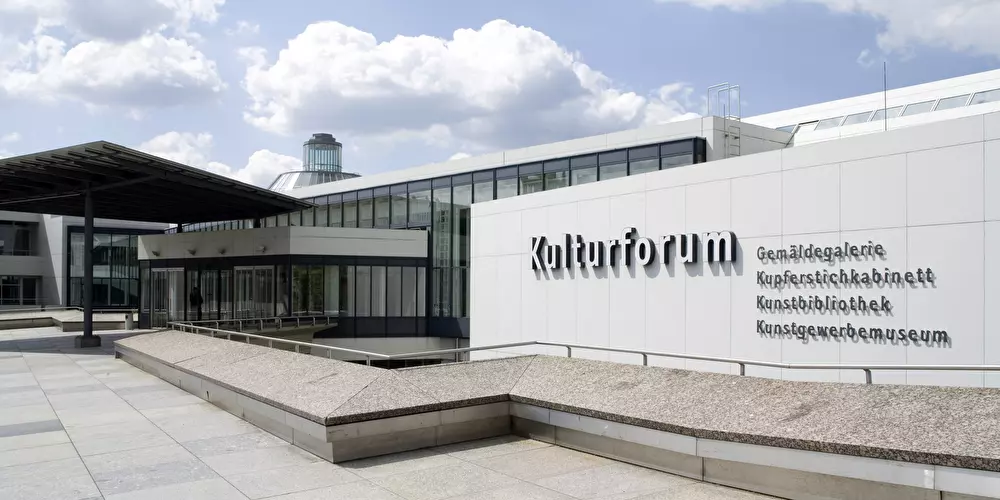
-
Kurfürstendamm 236 (Marmorhaus)
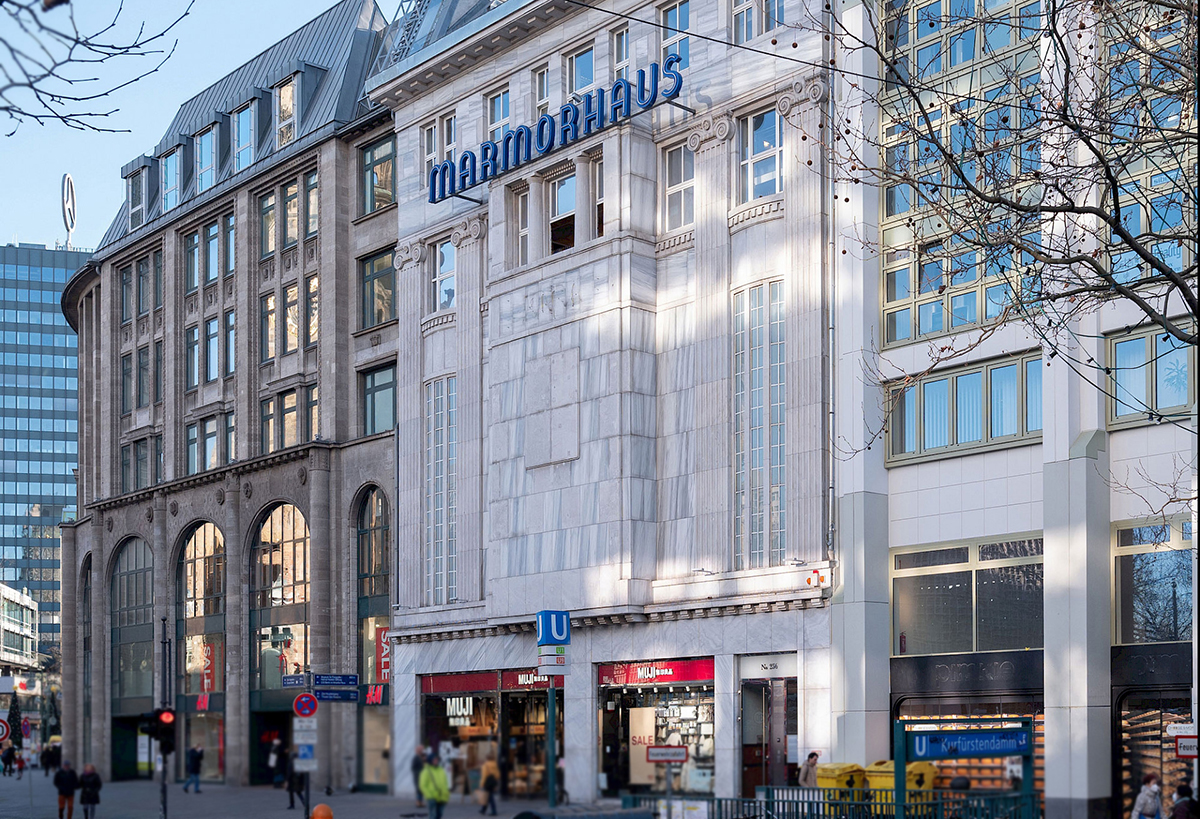
-
Lustgarten
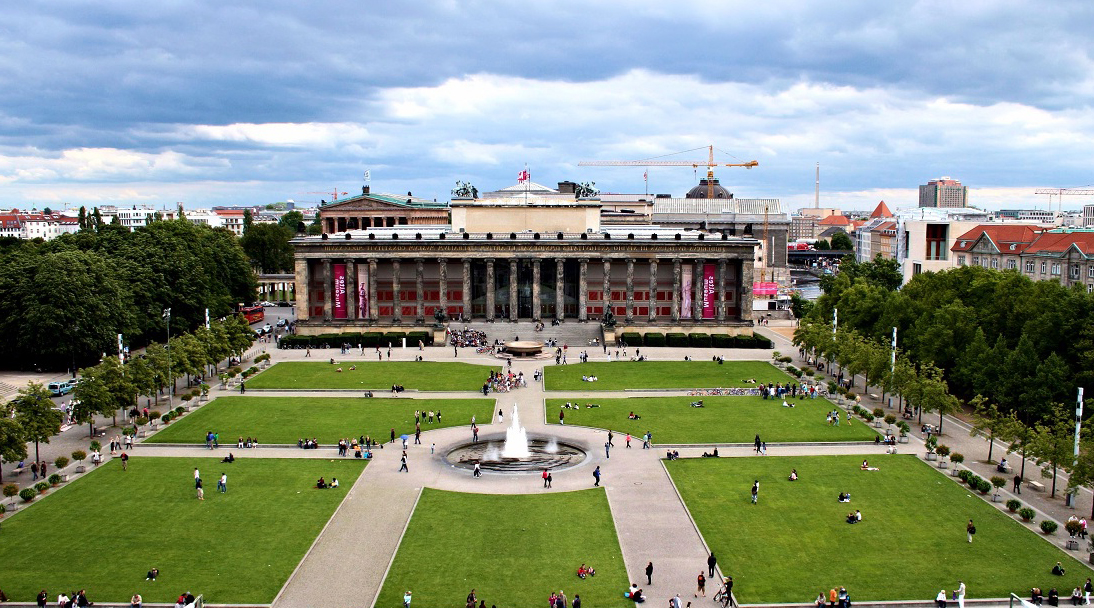
-
Lützowplatz
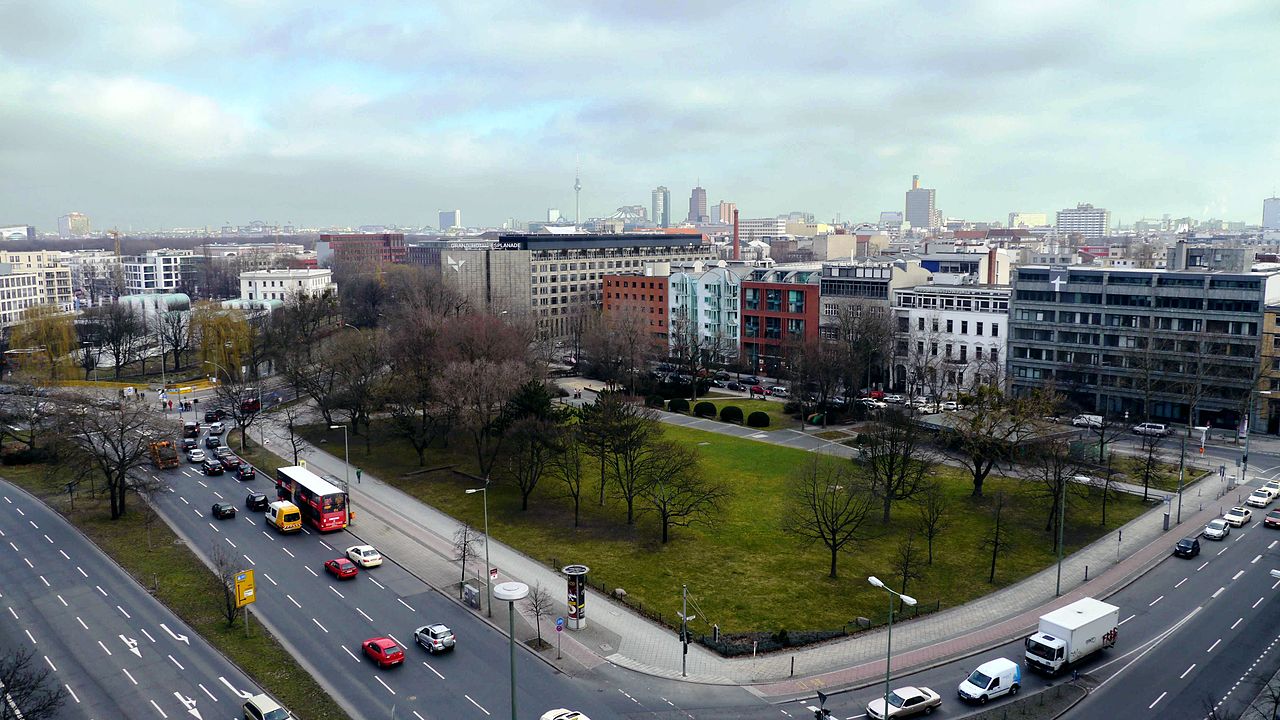
-
Museum Island / Museumsinsel
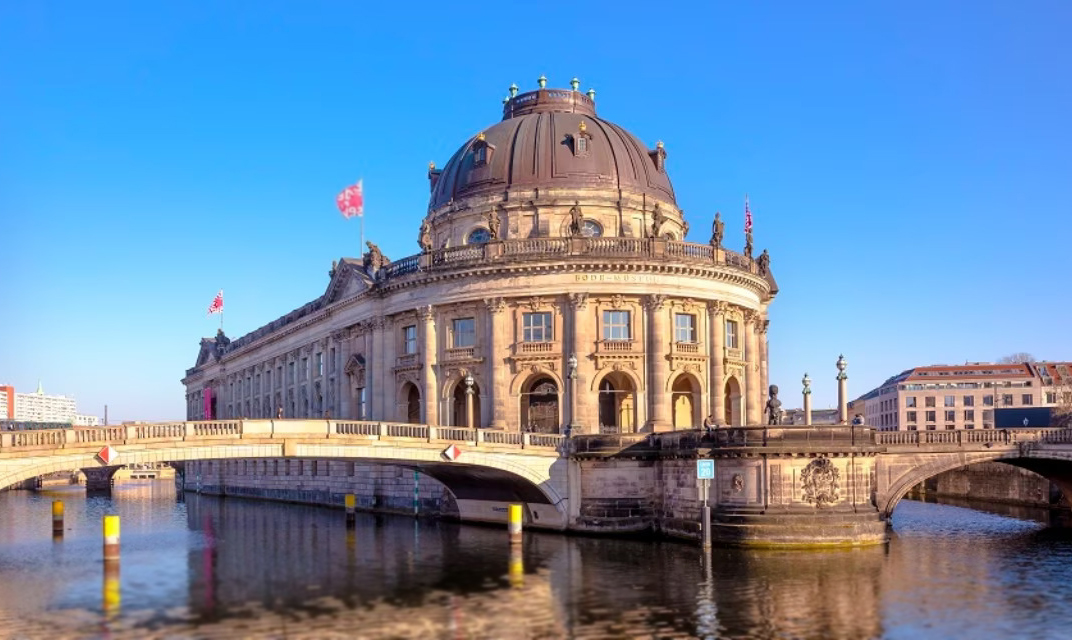
-
Neptunbrunnen / Rotes Rathaus
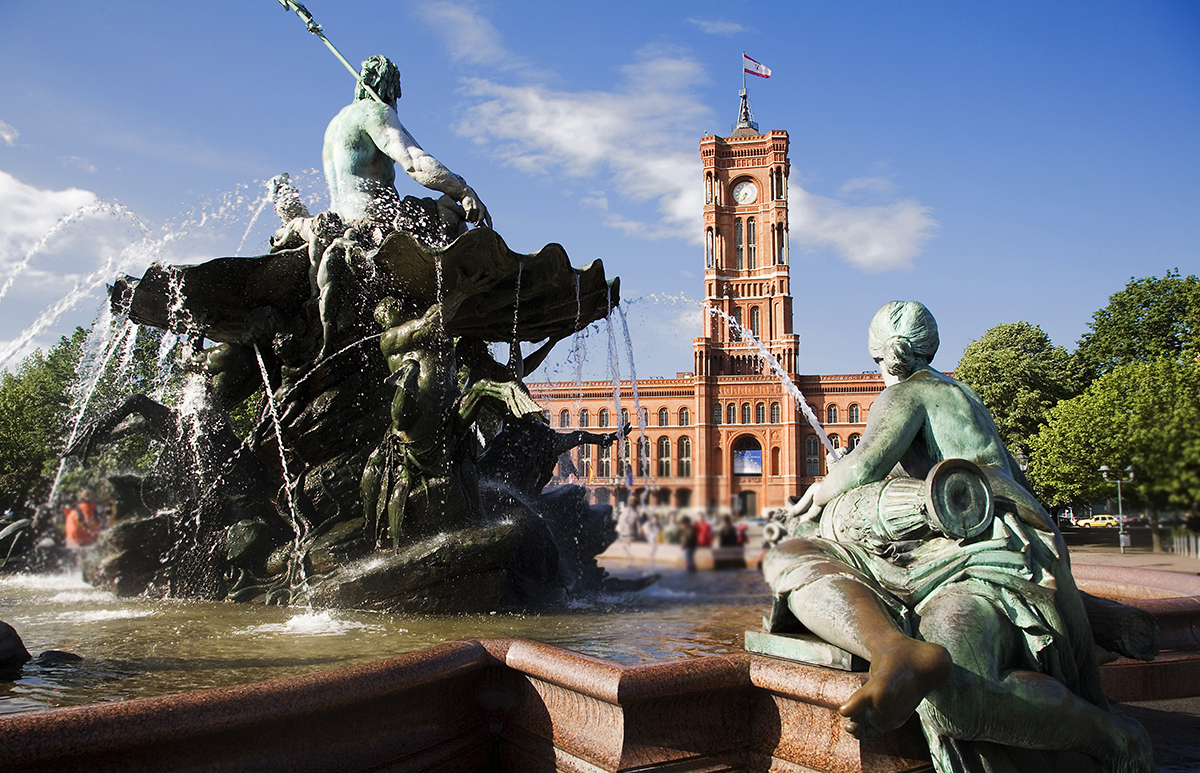
-
Ostbahnhof
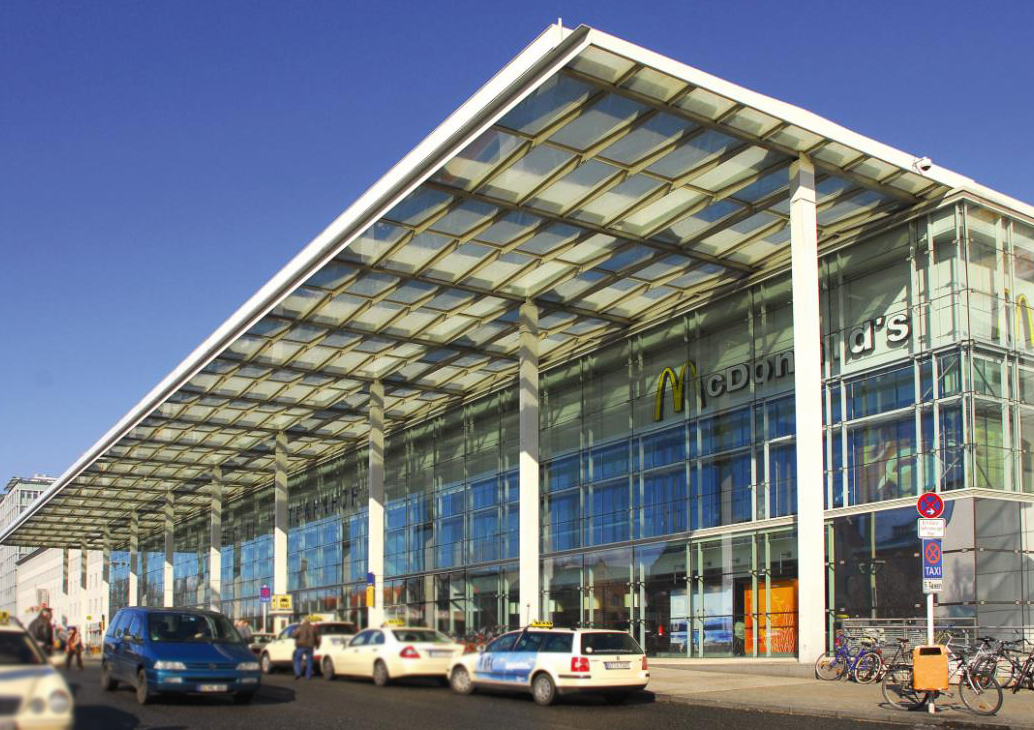
-
Potsdamer Platz / Hist. Ampel
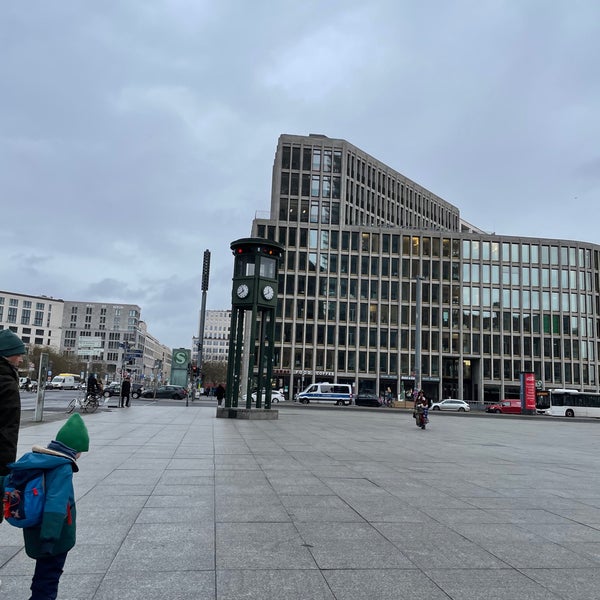
-
Reichstag
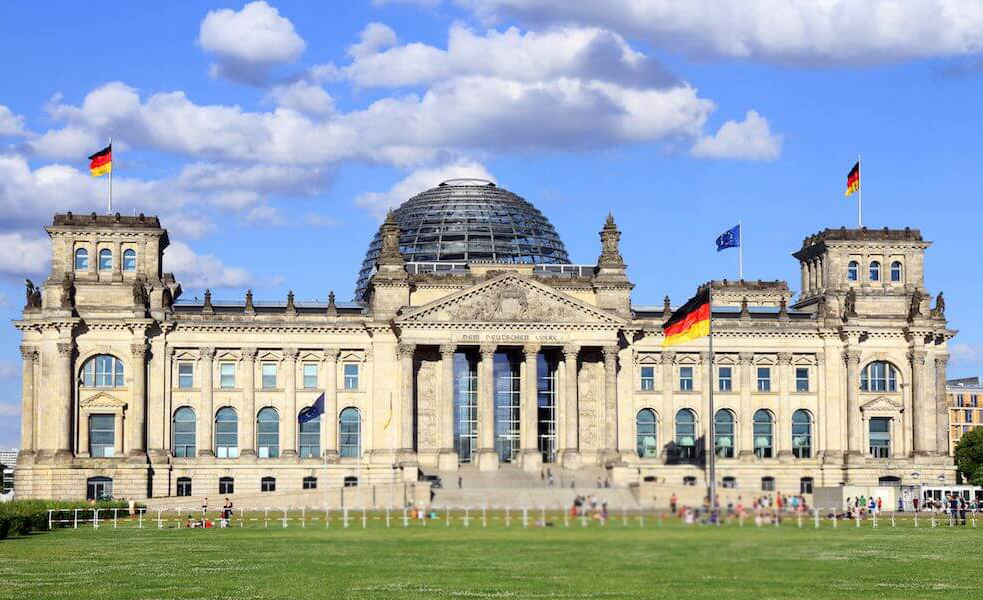
-
Rotes Rathaus
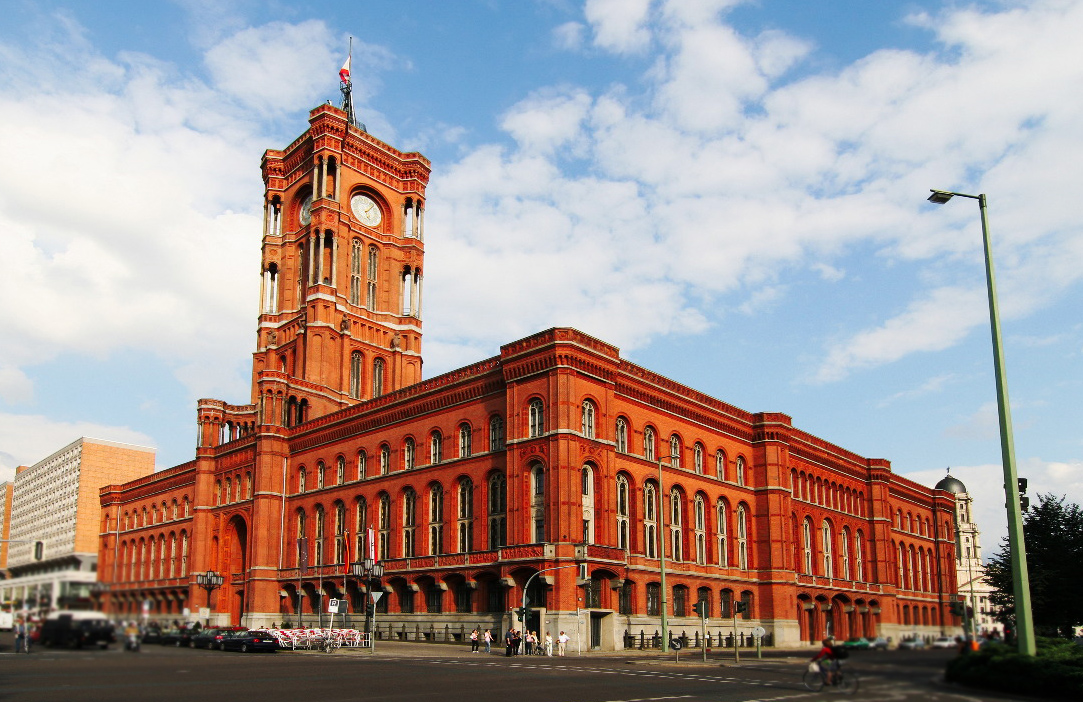
-
Schloss Bellevue
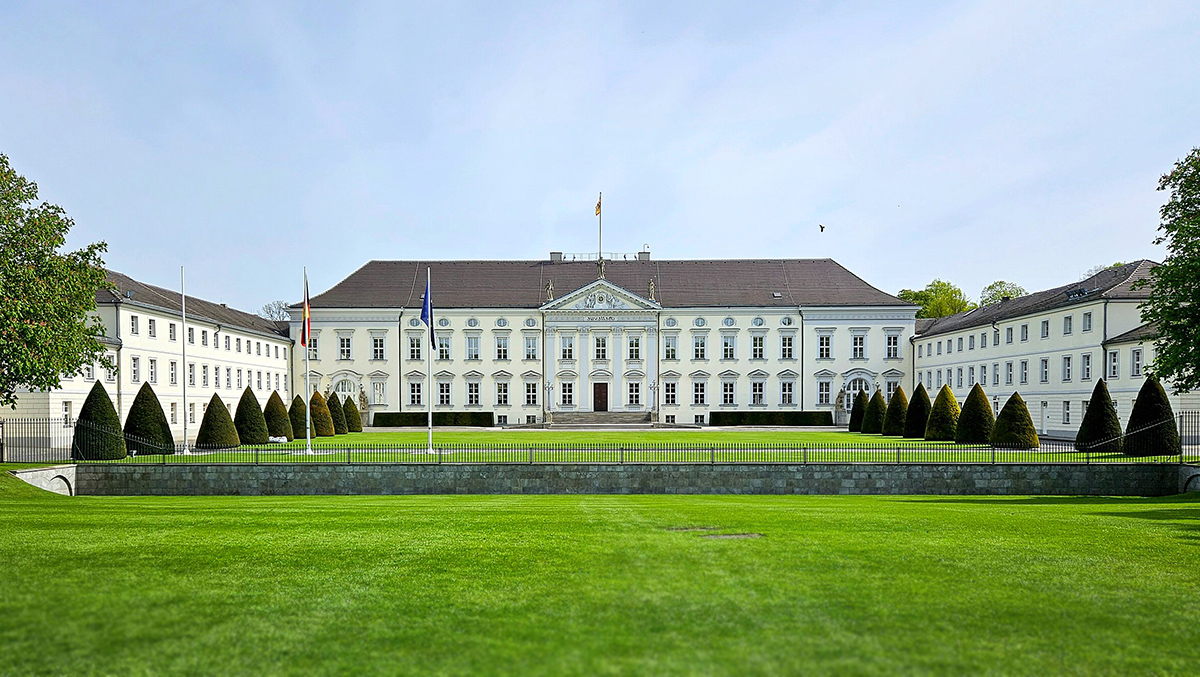
-
Siegessäule
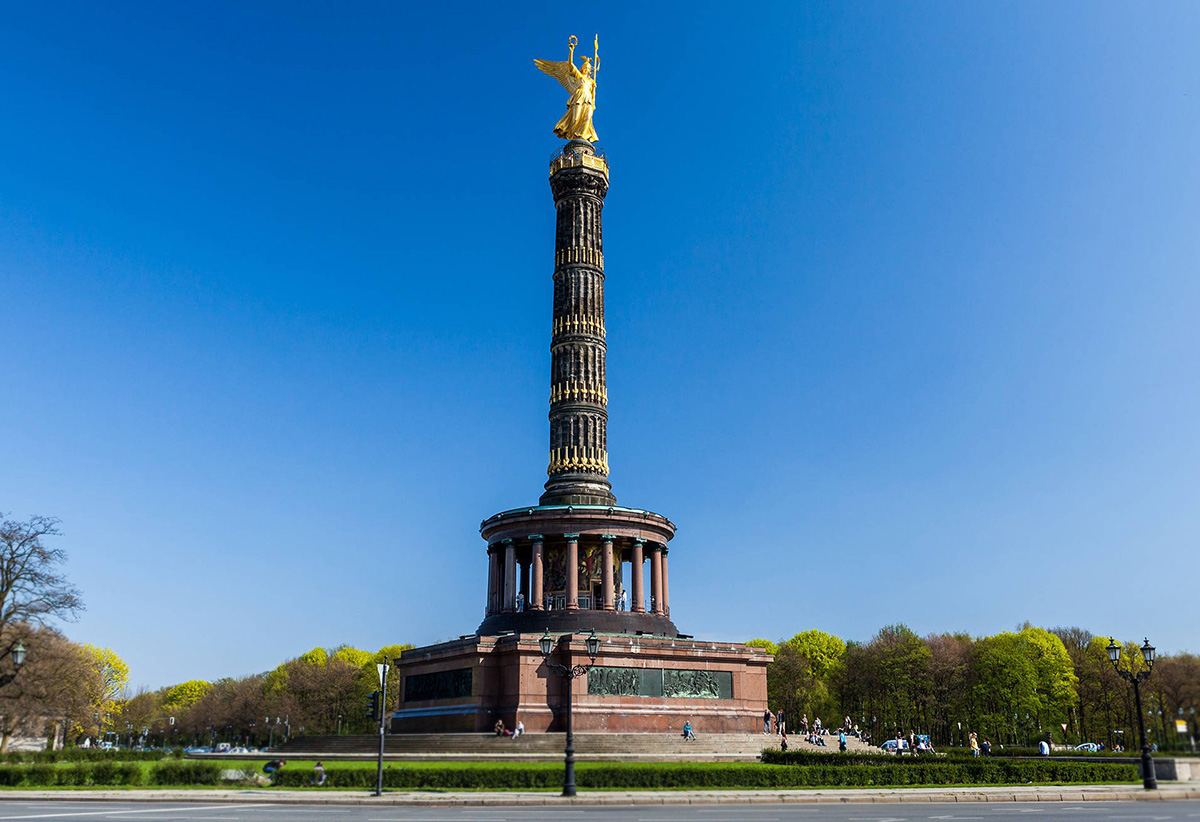
-
Tauentzienstrasse
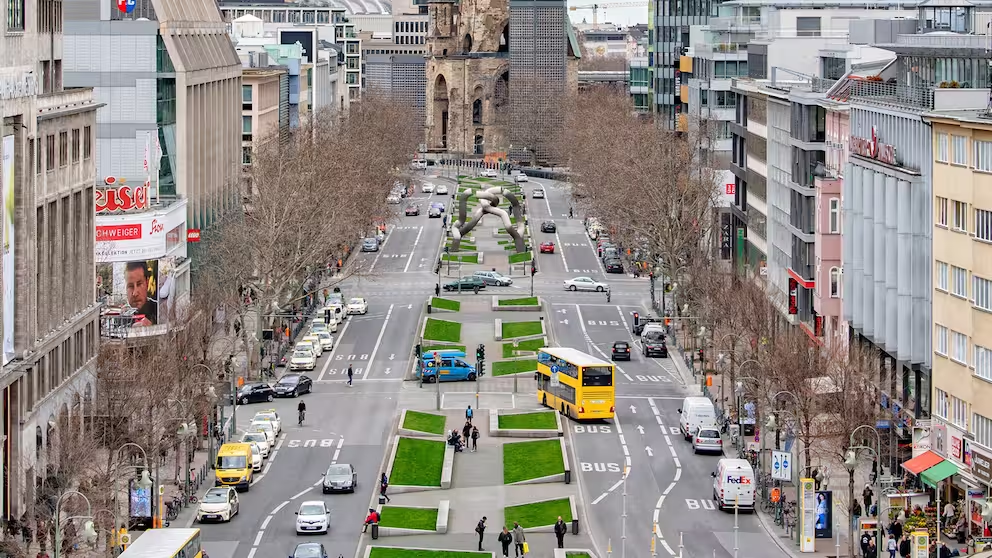
-
Unter den Linden / Friedrichstraße
